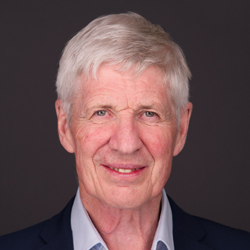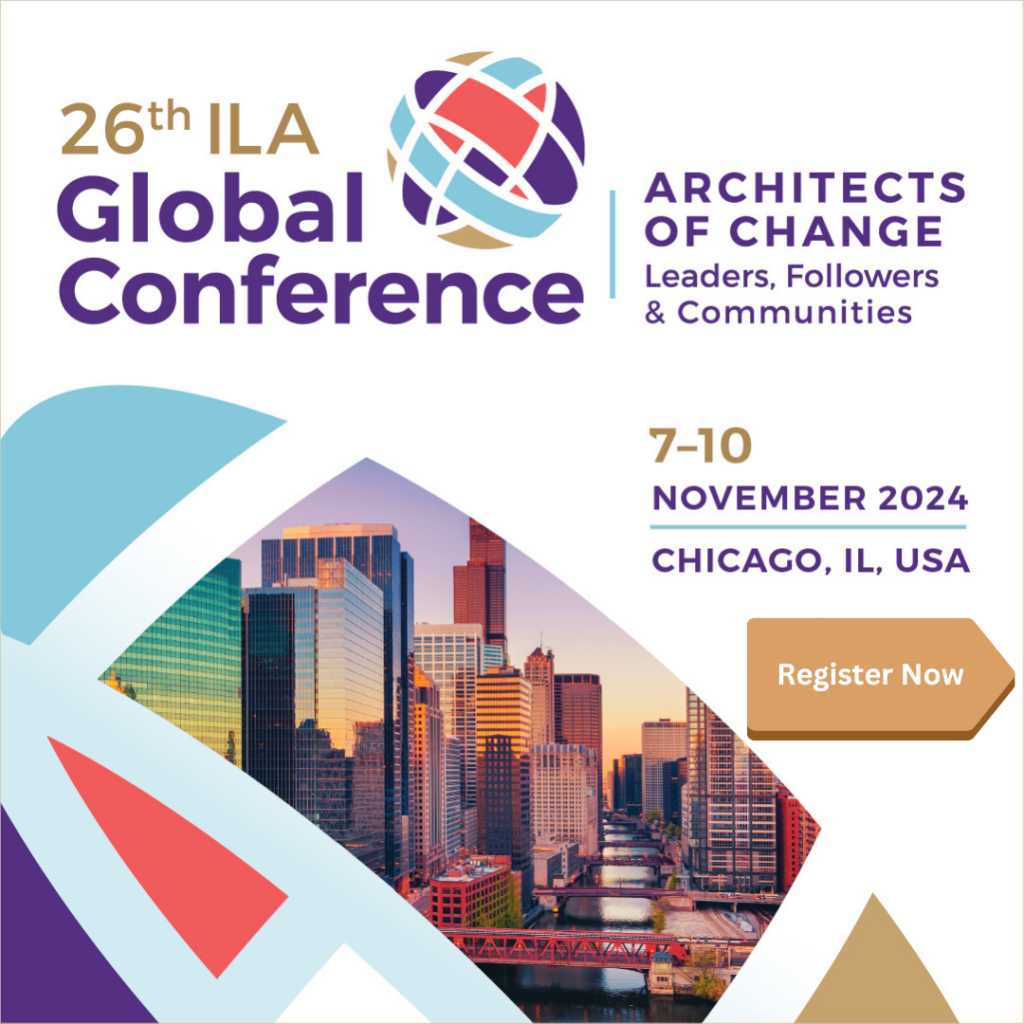
by Mike Hardy
24 September 2020
Share this article:
Who could have known the battlegrounds that would be established during 2020? Among these, the public health crisis and pandemic with its huge impact on the lives of people and on wealth and wealth creation, the deepening fissures in societies and neighbourhoods, the exhortations that we were all in something together when clearly we were not, the attack via closures on young people and their schooling, the virus’ direct attack on the old and more vulnerable including those in care facilities, each highlighting the amplification of the unevenness and disadvantage that we must deal with and live through — coming together as they have has created a near perfect storm! At the same time, it seems also that the world is living through culture wars against the institutions of liberal democracy — parliaments, the courts, the media, local governments, public and civil servants, and the checks and balances of accountability. With one eye on the voters and the other on the consolidation of power and influence, governments with authoritarian tendencies are attacking these rival centres of power in our societies. The current active dialogues around the media, the attacks on political correctness, MeToo and Black Lives Matter, the uneven support of large sectors of the global economy by governments, our events and hospitality industry sectors in perilous states impacting both high and popular culture — these all seem to be fights about culture, about right and left, about race, big or small government, single-minded ways-of-working. Few would have forecast such a culture war might break out. We are not in peaceful times.
How many fights are in progress across the globe, in Asia, Latin America, the nations of the former Soviet Union, within Europe and the European Union and in the USA? The fights seem to start when things go wrong, and those charged with responsibility, essentially governments, fail to step up to adversity with responsible leadership and more readily rely on blaming others, fear, and prejudice. The proverbial ‘buck’ fails to stop where we used to accept it should. Adversity, be it the product of a financial systems crash, an austerity-led economic policy, a pandemic, or an accelerating climate emergency amplifies the inadequacy of our systems, exacerbates inequalities, and destabilises communities in ways that open the opportunities for the centralisation of power that feels less and less the need to be accountable. One consequence might be that the liberal democracy that we know, with the checks and balances and abilities, however imperfect, to listen and hear ordinary voices of the many stakeholders, may be on the wane, about to be replaced by top-down revolution, or by a complete retreat by government.
My personal research is on leadership for peace. These are indeed unusual times for leaders. Last year, on the 20th Anniversary of the 1999 United Nations Declaration of the Program of Action on a Culture of Peace, peace scholars were reminded of the agreed road map for a moral journey from a culture of hatred and violence to a culture of tolerance and peace. In 1999, world authorities made a commitment that all needed to consciously make peace and nonviolence a part of our daily existence. We have not done very well.
There are no pathways to peace, no amount of scholarship, research, plans, no magic formulas nor clever interventions. As Mahatma Ghandi exhorted: “peace is the path.”
The COVID-19 pandemic has laid bare our vulnerabilities, divisions, falsehoods, and brutal inequalities. Since this global human crisis began taking its toll on all of us — the forces of division and hate have been placing the lives of vulnerable communities including religious and ethnic minorities, migrants, women, children and youth, in peril. Even old people and those with disabilities are not spared. It is especially disheartening to witness a surge in hate speech, xenophobia, racism, and many forms of discrimination. These deep divides and holes in the fabric of our societies weaken our resolve for peace and lead us to question what it is about our culture that creates so much room for insecurity.
Studying peace interests me because it still attracts more recognition in negative forms — the absence of violence or conflict, rather than the full and clear acceptance of peace as a prerequisite for our survival, or at the very least for our coping with the dominant challenges of our time. We will need both a positive peace and a positive culture if we are to stand a chance.
A positive peace is far more than the mere absence of violence and conflict. It is a way of being, a set of attitudes, institutions, and structures that create and sustain peacefulness in and between communities and societies. Similarly, positive culture is more than a description of characteristics and identities. It is a set of values, behaviours, and attributes that enable and promote human flourishing, reinforce collaborative compassion and peaceful co-existence. We are still struggling to secure both. But what I find compelling is that all the scholarship and practice around better or the best leadership point at the very same qualities.
Better leadership, like peace, is a critical factor for human flourishing. With better leadership societies can begin to address many of the sources of human insecurity —but often, just as with peace, we remain more aware of its absence than its existence. A positive culture as an enabling environment is also elusive. A culture that promotes civic awareness and participation, social equity and the wellbeing of a community — hence peacefulness for families and neighbourhoods — can often be more difficult to observe than a malevolent culture that strengthens some groups to initiate and perpetuate exclusion and, at times, violent conflict.
ILA’s agenda for better leadership could not be more vital and can be part of a change agenda that promotes the positives in both peace and culture. I was drawn to a powerful question when I looked at peace, culture, and leadership in this way: When this is all over — how do we want the world to be different? (See the excellent essay by Elif Shafak, How to Stay Sane in an Age of Division: The Powerful, Pocket-Sized Manifesto, 27 Aug. 2020)
So, now, as we battle the COVID-19 pandemic, and the many associated challenges of rising job-losses, deepening economic inequalities, the alarming increase in hate crimes across the world, we should take responsibility for considering an answer. To do this we need to be clear about where we are now; we need to understand the crisis and the conditions and we must look to how leadership and its development can help with the evident disillusionment felt about the state we are in. We know where we do not want to go and be: our social capital — the bonds and bridges that create positive community — must comprise positive social relations and networks, must help rebuild the confidence that the generations that follow will have more, not fewer opportunities. And we must restore the beliefs that we once held by default that our created systems, cherished institutions, and social safety nets are more than illusions. We must actively banish the dark forces than breed exclusion and divide.
Finally, I would like to underline my belief in the importance of hope. Hope is a deliberate feeling, based on evidence. We are attracted to hope; we have hope because we see evidence of a better future. But even hope will not bring the different world we wish for… that needs direct actions and a new direction. The discussions that will take place at 2020 conference, Leading at the Edge, will provide opportunity to chart how we want the world to be different; that’s one of the reasons this is such an important and timely conference. It’s going to be amazing, and it needs to be!
There are no pathways to peace, no amount of scholarship, research, plans, no magic formulas nor clever interventions. As Mahatma Ghandi exhorted: “peace is the path”. How true that is also of better leadership!

Mike Hardy CMG OBE FRSA is Founding Director of the Centre for Trust, Peace and Social Relations at Coventry University, UK and Chair of the International Leadership Association Board of Directors. After a distinguished career, he returned to the academic world in 2011 as Professor of Intercultural Relations at Coventry University. Mike is active with UNESCO and the UN Alliance of Civilizations; he is currently lead advisor to the World Forum for Intercultural Dialogue in Baku, the World Peace Forum in Indonesia and directs the RISING Global Peace Forum at Coventry. Professor Hardy has been twice honoured, awarded the OBE in 2001 for his peace-building work in the Middle East, and appointed a Companion of Honour of St Michael and St George in the Queen’s Birthday Honours, June 2010, for his work internationally in Intercultural Dialogue. Mike is a trustee of The Faith and Belief Forum the leading interfaith charity in the UK and Board Chair of the US-based International Leadership Association.

